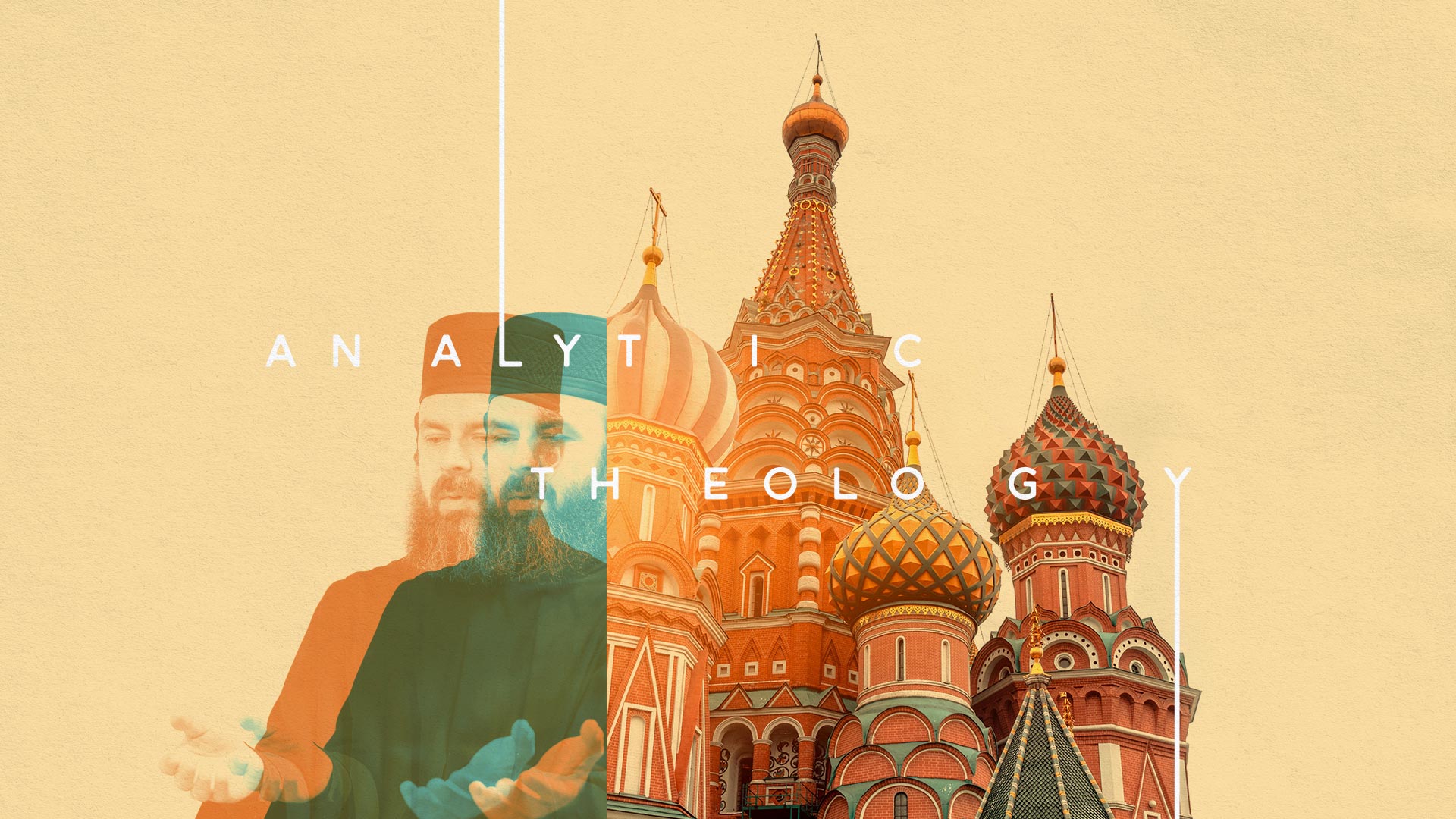
What if blending old and new approaches can result in deeper insights? What if religious scholarship can make national borders more porous?
“…all real Russian people are philosophers.”
That’s the proclamation of one of the title characters in “The Brothers Karamazov,” the last novel of arguably Russia’s greatest author, Fyodor Dostoevsky.
Philosophical ideas about ultimate reality, morality and human relevance have occupied the minds of Russia’s greatest thinkers and ordinary citizens for centuries. The result is a unique cultural synthesis of philosophy and religion.
While atheism ascended as official doctrine during the Soviet era, indications are that it didn’t capture the hearts of Russians in an enduring way. Since the end of Soviet rule in 1991, religion and theology have reclaimed their vibrant intellectual tradition in the country. More than 70% of Russian adults now identify as Orthodox Christians, according to recent Pew Research Center polling.
Another signal of the country’s strengthening religious current: Theology programs have been introduced at secular Russian universities. This creates an urgent need to develop a solid framework for teaching and research in the field, says Kirill Karpov, Ph.D., a professor at the Institute of Philosophy, Russian Academy of Sciences.

In Russia, there’s opportunity for creative thinking that balances traditional and new approaches to theology, Karpov believes. He and other progressive theologians have a like-minded vision: to transform Russia’s tradition of orthodox theology, handed down from centuries of monastic tradition. And they propose to do that by developing 21st-century methods of analytic philosophy: conceptual precision, argumentative clarity and logical coherence.
“In recent decades, philosophers of religion in the so-called analytic tradition have gradually directed their efforts to the task of new discovery and careful conceptual analysis within the domain of theology,” Karpov says. “This redirection has resulted in a substantial body of scholarly work that provides grist for a broad-ranging reshaping of theological understanding and theological method.”
Russian theologians and philosophers show increased interest in the methods of analytic theology, he reports. However, they need resources as well as opportunities to develop their own research in conversation with other scholars.
With a grant from Templeton Religion Fund to Universität Innsbruck, Karpov has led a project to develop analytic theology scholarship in Russia. Part of the anticipated outcome is also to uncover potential for a reverse flow: orthodox theology contributing to analytic theology.
“We believe that orthodox theology can learn from analytic philosophy and also contribute to broader discussions in analytic theology which have to this point been dominated by the Western theological tradition,” he says.

Specifically, the project has included:
Clearly, Russia’s cultural identity is unique. Intertwined themes of religion, individuality and society can’t easily be unraveled. As a result, the country offers a distinctive contribution to religious thought.
By introducing theological realism, rigor and the tools of conceptual discovery, this project can help evolve theology’s ever-richer intellectual tradition – a tradition that extends within and beyond geography’s borders.